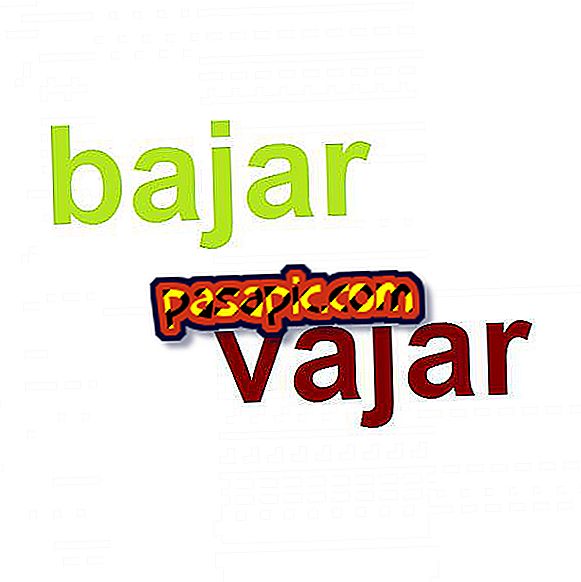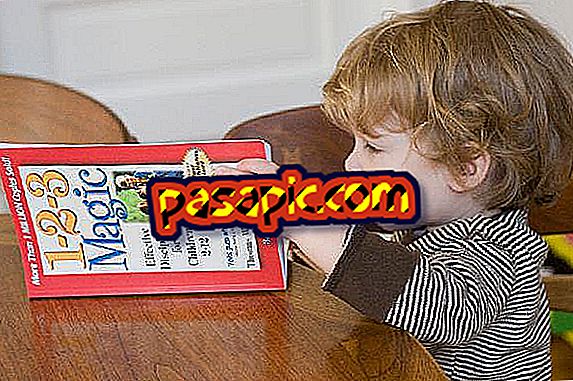How to marry civilly

It is a reality that currently not as many marriages are celebrated as in the past. The emergence of legal figures such as the couple or the preference for a coexistence without marriage has reduced the number of marriages. Despite these circumstances, many people still opt for this figure, and mostly for civil marriage . Marry civilly seems and is simple, but still we must take into account certain aspects and steps to follow to be fully effective, so in .com we explain how to marry civilly .
Who can get married?
The first thing we need to know is if we are within the requirements established by law so that we can get married civilly . In principle all citizens can get married in Spain or abroad in accordance with the law, but we must bear in mind that there are certain exceptions:
- Children who are not emancipated (except older than 16 who live independently of their parents).
- People who have a marital bond.
- Direct family members by consanguinity or adoption.
- Collaterals by consanguinity until the third degree (uncles, nephews and brothers).
- Convicted as authors or accomplices of the death of the spouse of either of the two parties (except for a dispensation from the Ministry of Justice).
- Psychic handicapped (except for a favorable report from the Civil Registry doctor).
Processing of the file in the Civil Registry
If we meet the requirements for marriage, we must accredit them, before the celebration, by processing the marriage file. We can go to the Civil Registry of the municipality where one of the two parties has their habitual residence and submit the following documentation:
- Application for marriage (the Civil Registry provides it)
- DNI of the contracting parties
- Birth certificate
- Certificate of registration
Once the documentation has been analyzed, we will be summoned a day and time to demonstrate, together with a witness, by means of a sworn statement, our civil status. The witness will testify about the veracity of the information collected in the marriage request. If the file is approved, it will be considered finished and we will be authorized to marry.
Who can officiate the ceremony?
We can go to any of the following judges or officials, at our election and without an election order:
- Judge in charge of the Civil Registry
- If there is no judge in charge of the Civil Registry in the municipality, the delegate appointed by regulation may replace him.
- Justice of the peace of the municipality.
- Mayor of the municipality.
- Councilman of the municipality (previous delegation by the mayor of this faculty).
In the case of being held abroad in a Spanish embassy or consulate, the official who is in charge of the Civil Registry may officiate the ceremony.
Place of celebration
The physical place of celebration of the link can not be in places like restaurants or houses of individuals but the places that the legislation allows us. We can choose between:
- Offices of the Civil Registry
- Municipal facilities for these events. When it is held at the Town Hall, it is usually held in the Reception Hall of the Town Hall.
- Spanish consulate or embassy if you are abroad.
Documentation
Along with the matrimonial file, previously processed in the Civil Registry, each municipality may request at the time of celebration various documentation that varies depending on the municipality, but generally we must provide the following documents:
- DNI of the people who wish to get married.
- DNI of the witnesses of the wedding.
- Application for marriage to the town hall.
Marriage registration
Once the marriage is celebrated, although it already has full effects, it must be registered in the Civil Registry to have a way of proving the existence of the marriage bond. The registration will be carried out by the judge or official who officiated the ceremony, we will not have to do anything. The judge or official will transfer the marriage certificate to the Civil Registry so that it can be registered. The minutes must have the signature of the judge or official, the parties and the witnesses. Once the registration is done, we will send you the family book, which will include the certification that we are married by civil law.


